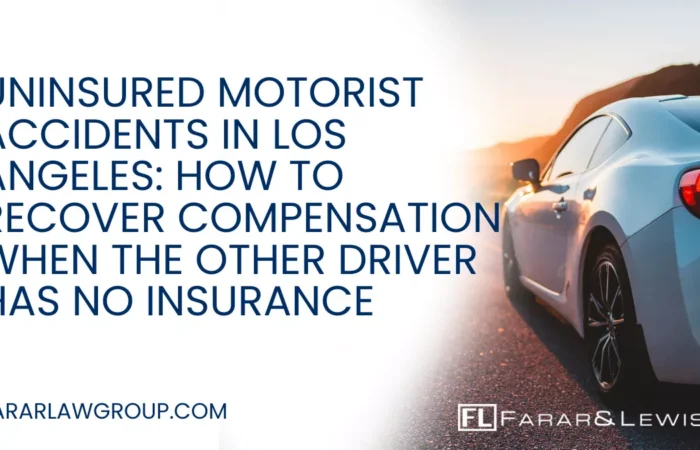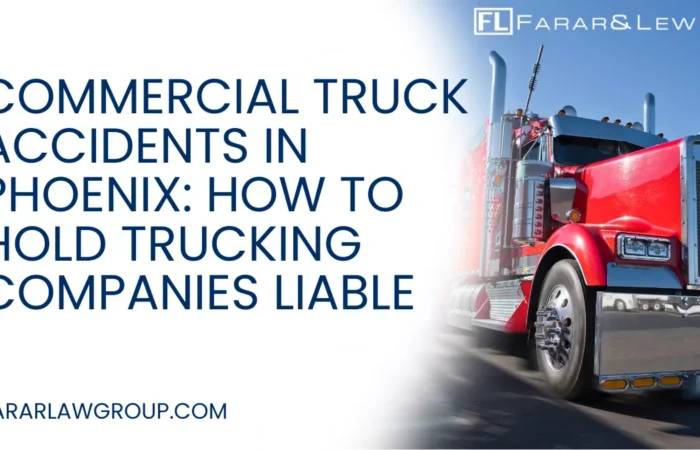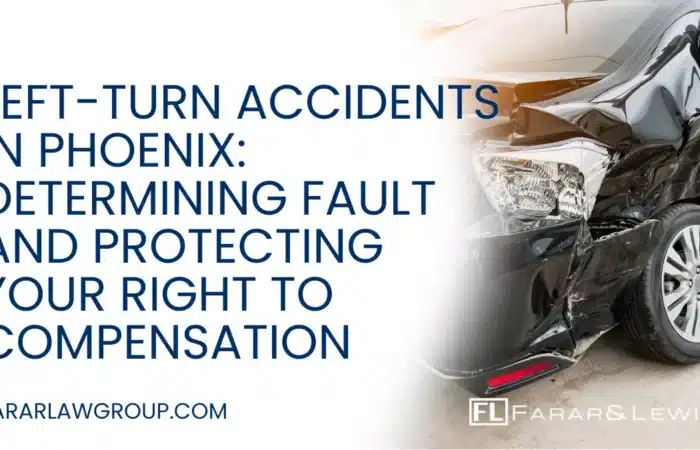Trucking accidents can be horrible events that change the lives of many people instantly. They can also be complicated crashes when all injured parties come forward with injury claims because many times several vehicles are involved. When a commercial vehicle becomes out of control on the highway everyone in close proximity could be at risk because there is no physical match on the highway for a big-rig. Even innocent bystanders can be affected in some instances. But, the most serious of truck accident crashes occur on the open highways at high rates of speed, often in excess of the speed limit. When this occurs in heavy traffic, crashes can produce a significant number of injuries and be very complicated when the court determines fault. Understanding how the cases are handled legally can help claimants understand who could be held responsible to some degree for the causation of a trucking accident, including passenger vehicle operators.
Comparative Negligence in Truck Wrecks
All states use some form of comparative negligence law. Comparative negligence is the legal notion that most accidents are not the direct fault of one actor and each operator is assessed a percentage of comparative fault. This percentage is used to discount accident claims after total compensatory damages have been calculated. As a result, some accidents can include multiple negligent actors, and injured parties can only collect according to their percentage of fault as well. However, in trucking accidents, the transportation company could well be held liable if a truck accident attorney can prove that the company has also been negligent in requirements of the driver beyond legal standard or failed to meet required maintenance schedules or inspection of trucks. In addition, product liability claims could be available if the crash occurred due to a part malfunction on any vehicle involved in the wreck.
Differing Comparative Fault States
The law in the state in which the accident occurs can be vital regarding the ability to recover damages legally. Pure comparative fault states will allow anyone not totally at fault for the accident to recover some level of damages from all negligent actors. However, problems can occur in damage recovery in modified comparative fault or pure contributory negligence states. Modified comparative fault restricts a claimant from receiving any damages when they are over 51% at fault for an accident, which means that a trucking company or driver may not be sued in certain accidents by drivers with a higher comparative fault percentage. In pure contributory states, and there are four along with the District of Columbia, any injured claimant in a trucking accident still cannot collect any damages if they are even 1% at fault for the injury. Depending on auto accident recovery laws in the state of occurrence, there could potentially be zero negligent actors to pursue for damages.
Standard Accidents
The law in the state in which the accident occurs can be vital regarding the ability to recover damages legally. Pure comparative fault states will allow anyone not totally at fault for the accident to recover some level of damages from all negligent actors. However, problems can occur in damage recovery in modified comparative fault or pure contributory negligence states. Modified comparative fault restricts a claimant from receiving any damages when they are over 51% at fault for an accident, which means that a trucking company or driver may not be sued in certain accidents by drivers with a higher comparative fault percentage. In pure contributory states, and there are four along with the District of Columbia, any injured claimant in a trucking accident still cannot collect any damages if they are even 1% at fault for the injury. Depending on auto accident recovery laws in the state of occurrence, there could potentially be zero negligent actors to pursue for damages.
Multiple Negligent Parties
Truck crashes involving several vehicles can be very complicated and are always strongly defended by the transportation companies and other negligent parties as well. All claimants will have their own legal team arguing for a reduction in the comparative negligence rating of their client, with potentially both the shipping company and truck owner-operator defending the case. Even in obvious negligence cases, insurance company lawyers will be attempting to lessen the value of any claim, and sometimes they are successful in having cases summarily dismissed in court on technicalities. These claims are evaluated in court on a preponderance of the evidence in a totality of circumstances, which means that even a seemingly small factor can have major impact on the allowance or value of a claim.
Never attempt to handle a personal injury claim from a trucking accident personally. The respondent insurance companies have trained professional negotiators who deny claims daily as part of their responsibilities. The are only obligated to the company and their client beyond policy limitations. Having your own trucking accident attorney means you have your own professional negotiation team as well enforcing all of your recovery rights.


